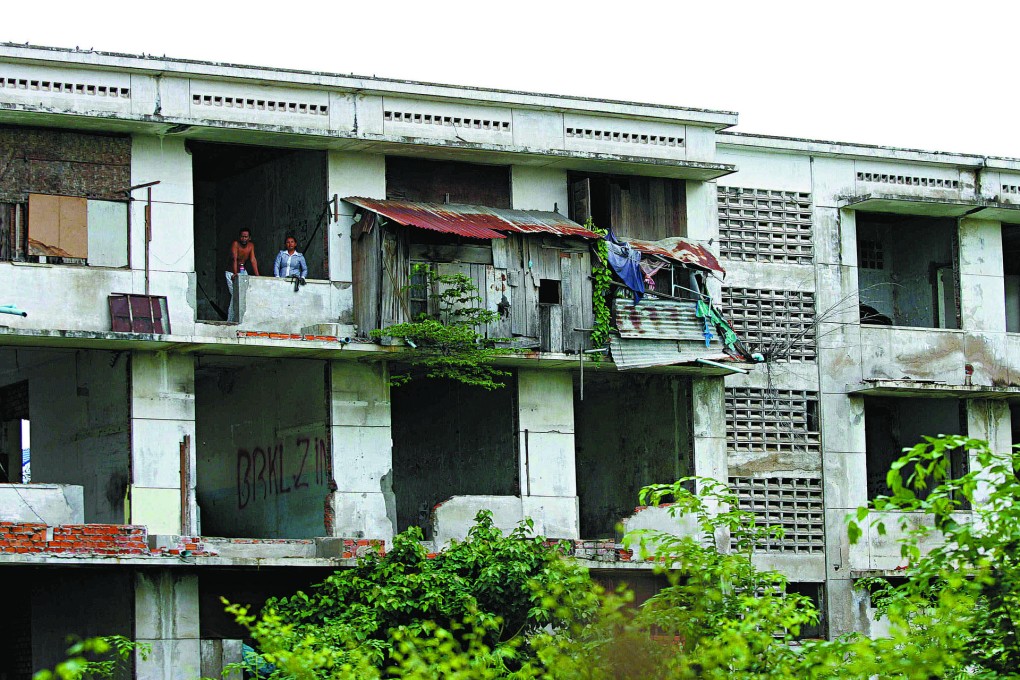Standing their ground
In Cambodia, civil society is rising up against forced evictions, land grabs and the deep-rooted corruption that has cleaved open the gap between rich and poor, writes David Eimer.

Chray Nhim knows what awaits her after Cambodia's national elections on July 28, when Prime Minister Hun Sen and his ruling Cambodian People's Party (CPP) are expected to consolidate their decades-long control of the country. Chray Nhim, a single mother of one, is bracing herself for the revenge she is certain will be meted out for her high-profile protests against forced evictions in the capital, Phnom Penh.
"I think I will be imprisoned after the election. I'm not scared; I have done nothing wrong. But I am worried for my daughter. She's nine and if I go to jail there'll be no one to look after her," says Chray Nhim. Lingering at the back of her mind is the thought that prison might not be the worst thing that happens to her.
"Maybe one day I'll be in an accident: a car will hit me. They might try and kill me for making so many problems for them."
She has every reason to fear for her safety. In Cambodia, the fast-growing number of land and labour rights activists and environmental campaigners are routinely singled out for harassment and arrest, or worse, by the authorities. In April last year, Chut Wutty, one of Cambodia's most prominent critics of environmental crimes, was shot dead. No one has been convicted of his murder. At least nine other land activists were killed in the decade before 2012, according to human rights organisation Global Witness.
Becoming an enemy of Cambodia's increasingly authoritarian government is not something Chray Nhim had anticipated. Until last October, the 35-year-old sold fruit from a stall on the streets of Phnom Penh and was not involved in politics. Then, she and the other 182 families living in Thmorkol village, a rubbish-strewn community of simple, one-storey houses and unpaved roads on the far side of the city's international airport, received a letter from the local council.

"None of us were told when we bought the land that it was illegal to build here; the local authorities stamped my land documents. But we were told to move out and that we wouldn't receive any compensation."